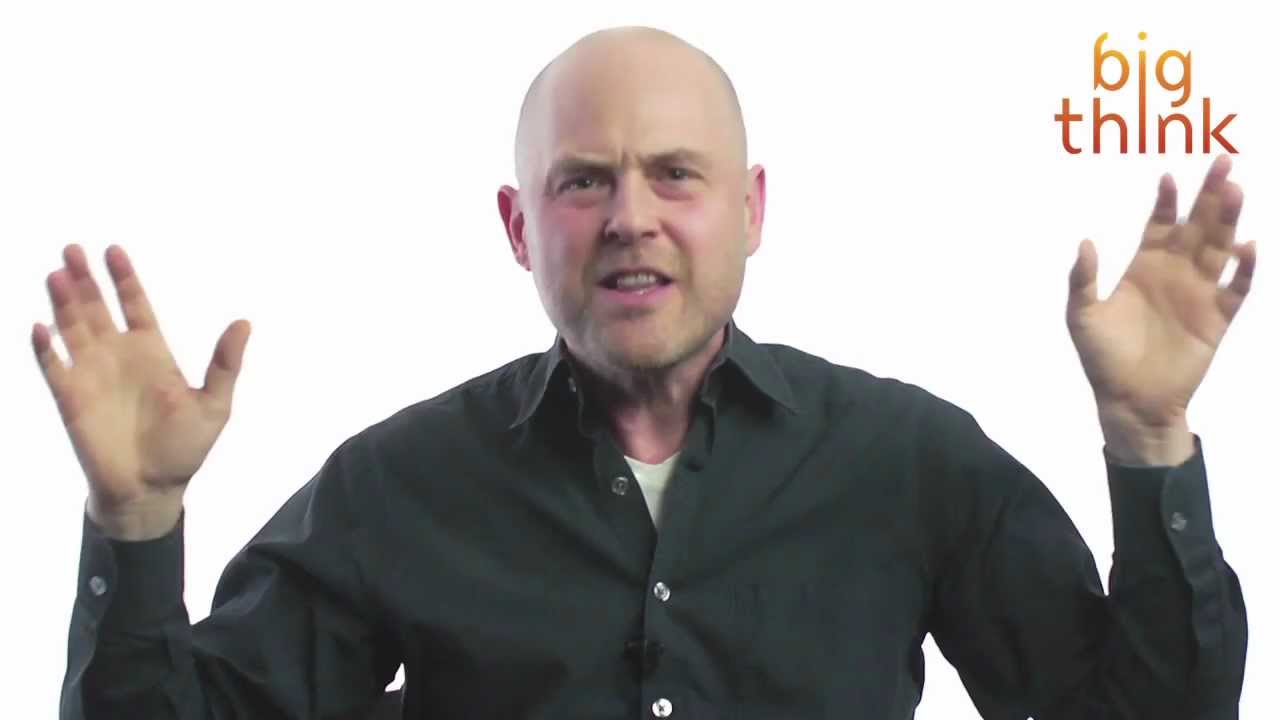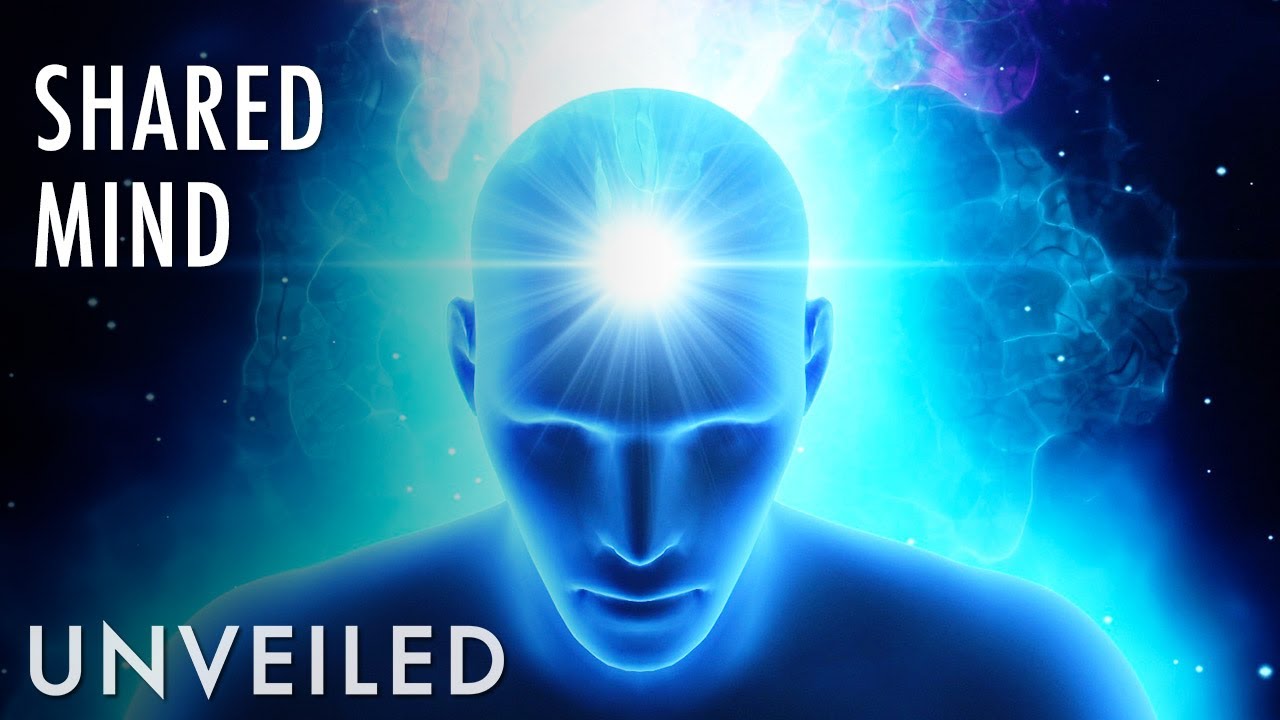UCvQECJukTDE2i6aCoMnS-Vg
http://bigthink.com/
“Contemporary research on consciousness in neuroscience rests on unquestioned but highly questionable foundations. Human nature is no less mysterious now than it was a hundred years ago,” writes philosopher Alva Noë in his book “Out of Our Heads.”
It’s a bold assertion in an age when fMRI has enabled us to see images of the brain functioning in real time, and when many prominent public intellectuals (Stephen Hawking, Eric Kandel) have argued, either implicitly or vociferously, in favor of reductionism. The “brain-as-calculating machine” analogy assumes that human thought, personality, memory, and emotion are located somewhere in the gray matter protected by the skull. In other words, you — at least, the waking you who gets out of bed in the morning — are your brain.
But you’re not, says Noë. Just as love does not live inside the heart, consciousness is not contained in a finite space — it’s something that arises, something that occurs: a verb rather than a noun. And since the publication of Francis Crick’s influential “The Astonishing Hypothesis: The Scientific Search for the Soul,” scientists have been looking for it in all the wrong places.
Directed / Produced by
Jonathan Fowler and Elizabeth Rodd




The correct summary for this is simple – we have no idea how brain chemistry gives rise to subjective experience, and it may be a question that science can never solve.
Consciousness falls under Speech-Act Theory; that's what I got from this.
Thanks Mister.
"We don't have a better idea today how the brain does that than Decartes had how immaterial soul stuff does that"….silly. Talking, walking, blinking one's eyes, painting a picture, are all things we use to make an assumption that we and others are "conscious" and to say that we don't know more about those things from neuroscience than Decartes knew about a soul is just silly. This chap might not know anything about how modern neuroscience explains those phenomenon, but many other people do.
Looking at the composition of a dollar to find its value is not the same as looking at the brain to find consciousness. Also remove parts of the brain and you get changes in personality or personality is removed completely. Thus the consciousness of a human being is part of the brain.
To understand what he means take a couple of MXP hahaha
This guy is an idiot.
The brain was once a black box of unknowing workings, but it is no longer. We know more about the brain than ever before, and our knowledge only increases with time and further research. It is the organ primarily containing our identity.
The dislike bar represents why I fucking hate humanity.. And why a super ultra disaster should just kill every single one of us. The longer we live, our destruction is going to be our own fault. We want nothing but to control other people and this neuroscience bullshit of catscans and MRi scans with dick shaped nose people interpretting motion within an organ, think that proves their claims. The planet is contrary to materialism. The more materialistic we become, the planet and other life forms suffer. Which is why I fucking despise people and the earth needs a good old purge.
He's arguing both enactivism and embedded cognition, both of which are hot areas of cog sci and psychology research. He's simply moving consciousness further up in the process (connecting it to perception), from where it currently is which is deeper in the dorsal and ventral stream (at least visually). This is anti-dualism and actually more physicalistic than other competing theories such as representationalism (See Jerry Fodor). Essentially, he refined J. J. Gibson's ecological optics approach to conscious visual perception.
He didn't intend to state WHERE the consciousness really is. He was only giving an insight about how neuroscientists might be looking for it at the wrong place or with the wrong approach. He didn't claim. It can be true, it can be false, but you don't say he's wrong or idiot.
If your "common sense" prevents you from entertaining Alva's ideas, then it is doing you a disservice.
As a PHD student in philosophy, I'm continually amazed by what this person says. He seems to completely lack basic understandings of important distinctions between content, state, and "consciousness" (whatever that means). It's amazing. His first like 2 sentences is that "we've been trying to locate consciousnses that's a problem" … then "it's LOCATED not in the brain but in the world" … It's all just fluff.
I think that idealist philosophers have clearly shown that there is no reason to default to the idea that consciousness is a function of the brain. The brain may be necessary for a particular kind of experience, but not all experience. Parsimony sides with idealism.
If neuroscience has to look outside the material world for evidence of consciousness then they are no longer scientists, they instead become philosophers. The problem with philosophy is that it never feels compelled to follow the material evidence of the world around us towards logical conclusions. Philosophers and theologians often excuse themselves from the world of material evidence whenever they see fit and somehow think they are at an advantage because of this subjective relativism they are in possession of. Philosophy and theology have a lot of catching up to do, not the other way around.
So… he gets down marked for saying "consciousness exist"… I wonder how many words you'd let actually survive in Websters Dictionary. Must be sad when a definition book is your enemy…
Can we please appreciate that this guy is NOT saying some spiritual nonsense, despite his calm, deep voice, but instead that conscious experience may be more in the ACT of the experience (the particular interrelation between the sensory stimulation and the motoric action that caused it. Seeing for example, is impossible with eye movement) than simply as a byproduct of neural processes. He's not saying the brain has nothing to do with consciousness. Sure, the brain is a precondition for consciousness and it''s very important, that does NOT mean that our consciousness is LOCATED in the brain.
a material system of inputs with assigned outputs, can only be just that. it can not be sentient.
Way too much bass in the voice track.
He's talking about observing behavior. He should've explained his ideas better but he's not calling for an unscientific approach.
Source and further reading:
http://www.npr.org/sections/13.7/2017/03/05/518653667/moving-towards-understanding-consciousness?utm_source=facebook.com&utm_medium=social&utm_campaign=npr&utm_term=nprnews&utm_content=20170305
As is typical of self-indulgent philosophical meandering, this amounts to nothing more than personal opinion. The 'assumption' that the source of consciousness resides in the brain is so, simply because there is nothing to suggest otherwise.
Where is this man's evidence for his claim? lol His statement is worthless. I could equally as well make the claim that the source of consciousness is up my anus (which is true in my case), and it would be as equally a 'valid' statement lol
You are not your brain but what is most central to you is your brain and your consciousness is certainly in your brain.
Wow, what a lot of shit!
Yeah because I chose to be conscious.
Yeah because I chose to be conscious.
I think the majority of critics for this guy is missing what he's really saying. He's not saying that he has a soul, or something mysterious. He's simply stating that the way in which consciousness behaves is not necessarily looking at brain matter, but rather how that brain matter creates or designs certain things. Think of emergence. Psychology is an extension of biology in a way, just the way biology is an extension of chemistry, just the way chemistry is an extension of physics. Now, using that understanding, you could argue that you could using laws of physics to describe psychological processes. Not only would that be probably impossible, it would also miss out on the emerging laws of chemistry, biology, and psychology that produces meaning to psychological behaviours. He's not saying some immaterial soul exists, he's saying that the way we are looking at consciousness may not be the most effective way.
Wrong
Some woo woo panpsychism nonsense. I still think Vilayanur S. Ramachandran has the best explanation of consciousness. I highly recommend his book, The Tell-Tale Brian.
he has a point. check about out of body experience and near death experiences. many people witnessed about being conscious after their brain stopped working. it's fascinating!
Consciousness is not the brain, there is the interaction of the intentional body with the world that brings forward the consciousness …
The value of that dollar is in the subjective value you add to it personally, which is decided by your personality and personal experiences with money, all of which comes from the brain. Values are rational abstractions of emotions, thoughts and feelings combined. The assumption that you are your brain is the only not magical assumption when it comes to consciousness. Everything else requires faith or magical thinking or, as it's usually the case, a lame new-age definition of "consciousness" and a gross misunderstanding of science (for example a gross misunderstanding of string theory in which people believe your brain is connected to "other dimensions"). Since scientists can't work with magic (because it doesn't exist) or new age non-sense science fiction (because it's fictitious) they use a testable hypotheses that really hasn't been but collecting much evidence in its favor.
I know this to be perfectly true because I am consciousness and I am driving a temporary, flesh-covered earth vehicle, albeit very badly :/